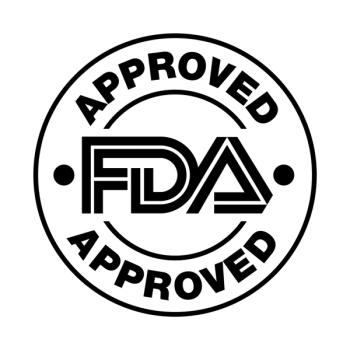
For ambulatory Duchenne patients, delandistrogene moxeparvovec-rokl was granted traditional approval, while accelerated approval was granted for non-ambulatory patients.

For ambulatory Duchenne patients, delandistrogene moxeparvovec-rokl was granted traditional approval, while accelerated approval was granted for non-ambulatory patients.

The disparity among specialist care for children with Medicaid vs private insurance was further widened for children with persistent asthma.

Participants included adolescents aged 13 to 17 years with severe obesity, defined as at or greater than 120% of the 95th BMI percentile.

Brief but practical reminders to help prevent drowning in children from the perspective of an emergency medicine fellow.

The tool, the Kaiser Permanente neonatal EOS calculator, is designed to guide decision making based on objective data available at birth.

A discussion and explanation of metatarsus adductus, why screening is important, and the UNFO brace for treatment.

Findings "suggest that LUS is a promising tool for estimating respiratory outcomes in the first 2 years of life," wrote the study investigators.

The company also announced that it has surpassed its interim analysis enrollment target and expects topline phase 3 data from the FORTIFY study (NCT05775848) among individuals with LGMD21/R9 in 2025.

The USPSTF is encouraging providers to promote behavioral interventions as the primary effective intervention for weight loss in children and adolescents.

The national survey revealed parents are eager to learn more about school-based mental health services.

Approximately half of study participants had tried lifestyle modifications and used vitamin supplementation, and most were taking multiple medications.

Get caught up with our journal! Review some of the top stories from the Contemporary Pediatrics website over the last week, and catch up on anything you may have missed.

Water safety tips from the CDC including drowning prevention, pool chemical injury prevention, and keeping swimmers safe.

Experts highlight common waterborne illnesses, preventive tips for summer.

The analysis was based on 573 hospitalizations (most patients had an average of 2 hospitalization episodes) in which new BCs were drawn more than 48 hours after initial cultures were negative.

The decision is based on statistical significance achieved in the T2NOW trial, which demonstrated reduction of A1C.

Compared with controls, children with CHD performed less well across all WISC-V indices and with large effect sizes for all indices and most subtests.

Unexpected seasonal RSV following COVID-19 highlighted the need for ongoing research to better understand transmission and ongoing impact from the pandemic.
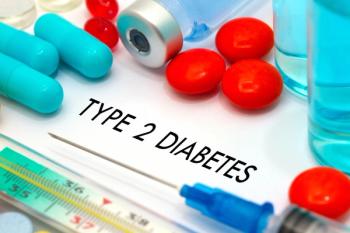
The primary outcome was an elevated HbA1c level greater than or equal to 5.7% (prediabetes or undiagnosed presumed T2D).

pJIA can lead to an increased risk of permanent joint damage as well as delayed growth and development.

Overall, the findings of the study support the clinical utility of combining trio-WES sequencing with CNV-seq in the etiologic diagnosis and management of early-childhood GDD.
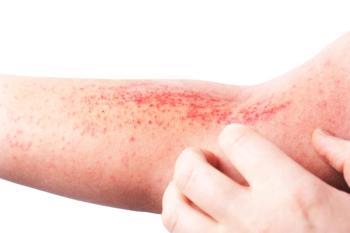
Once-daily, steroid-free, topical roflumilast cream 0.15% has a PDUFA date of July 7, 2024.

The authors indicate that delays in diagnosis of endometriosis can lead to disease progression and an impact on fertility, whereas early diagnosis and appropriate management may result in less major surgery in adulthood.

Get caught up with our journal! Review some of the top stories from the Contemporary Pediatrics website over the last week, and catch up on anything you may have missed.
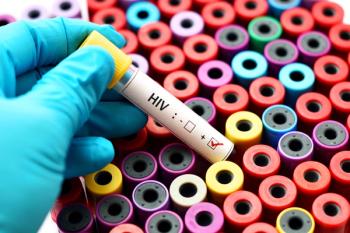
The 2-drug, fixed-dose combination tablet contains darunavir, an HIV-1 protease inhibitor, and cobicistat, a CYP3A inhibitor that serves as a PK enhancer or “booster.”

Investigators developed an algorithm indicating that only 7.7% of patients with BHS require an ECG at BHS diagnosis, a much lower proportion than the 45.1% of those who had undergone the test in the study sample.
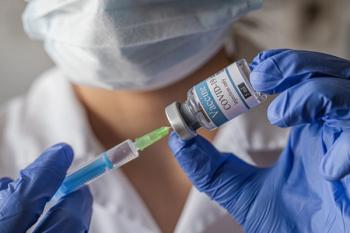
Over the winter, the omicron JN.1 lineages overtook XBB strains as dominant.

Though some drowning prevention strategies seem common or routine, data demonstrate drowning deaths among children have risen in recent years, which should prompt conversations with families on refreshers and new prevention initiatives.
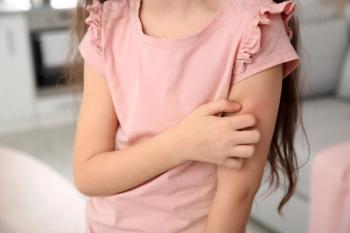
What are the skin conditions in which itching becomes the dominant clinical symptom in children?

The 2 groups did not differ in how likely they were to fill at least 1 prescription of any antibiotic while enrolled in kindergarten.